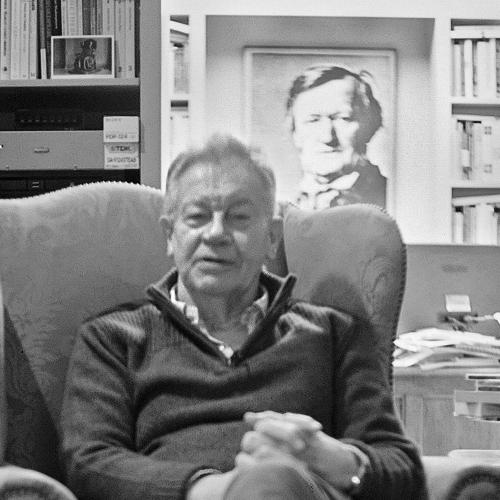COMPOSERS: Richard Wagner
LABELS: PentaTone
ALBUM TITLE: Wagner: Tannhäuser
WORKS: Tannhäuser
PERFORMER: Albert Dohmen, Nina Stemme, Robert Dean Smith, Marina Prudenskaya, Christian Gerhaher, Peter Sonn, Wilhelm Schwinghammer; Berlin Radio Chorus & Symphony orchestra/Marek Janowski
CATALOGUE NO: PTC5186405
This latest in the series of Wagner operas from Pentatone is among the most successful so far. At present Tannhäuser is Wagner’s least performed and least recorded work (after the early three apprentice operas), but listening to this may make you wonder why. Marek Janowski keeps the score, which has some longueurs, moving and builds up impressive climaxes in each act.
No mention is made in the CD’s documentation of which edition Janowski uses, and it makes a huge difference. Wagner radically revised the score in 1861 for Paris, hotting up the Venusberg scene to a flabbergasting extent; he also over the years made numerous minor changes throughout. Janowski more or less sticks with what the first audience heard, which is tamer, but has stylistic consistency. In both versions the opening scene with Venus is the weakest, but Marina Prudenskaya, though her enunciation is vague, is adequately sexy.
The title role is taken by the ubiquitous Robert Dean Smith, in one of his more persuasive performances – but most tenors can’t sing it at all. The desperation of Tannhäuser in Act III is conveyed more by the sheer effort of singing the notes than by expression. The noble Wolfram is Christian Gerhaher, who only just avoids sounding as precious as Dietrich Fischer-Dieskau. The heroine Elisabeth is Nina Stemme, sounding too heroic for the part, and with a voice that hardens now on high notes; but she makes an impression. All told I would say that this is the best recording since that made in Bayreuth in 1962.
Michael Tanner
